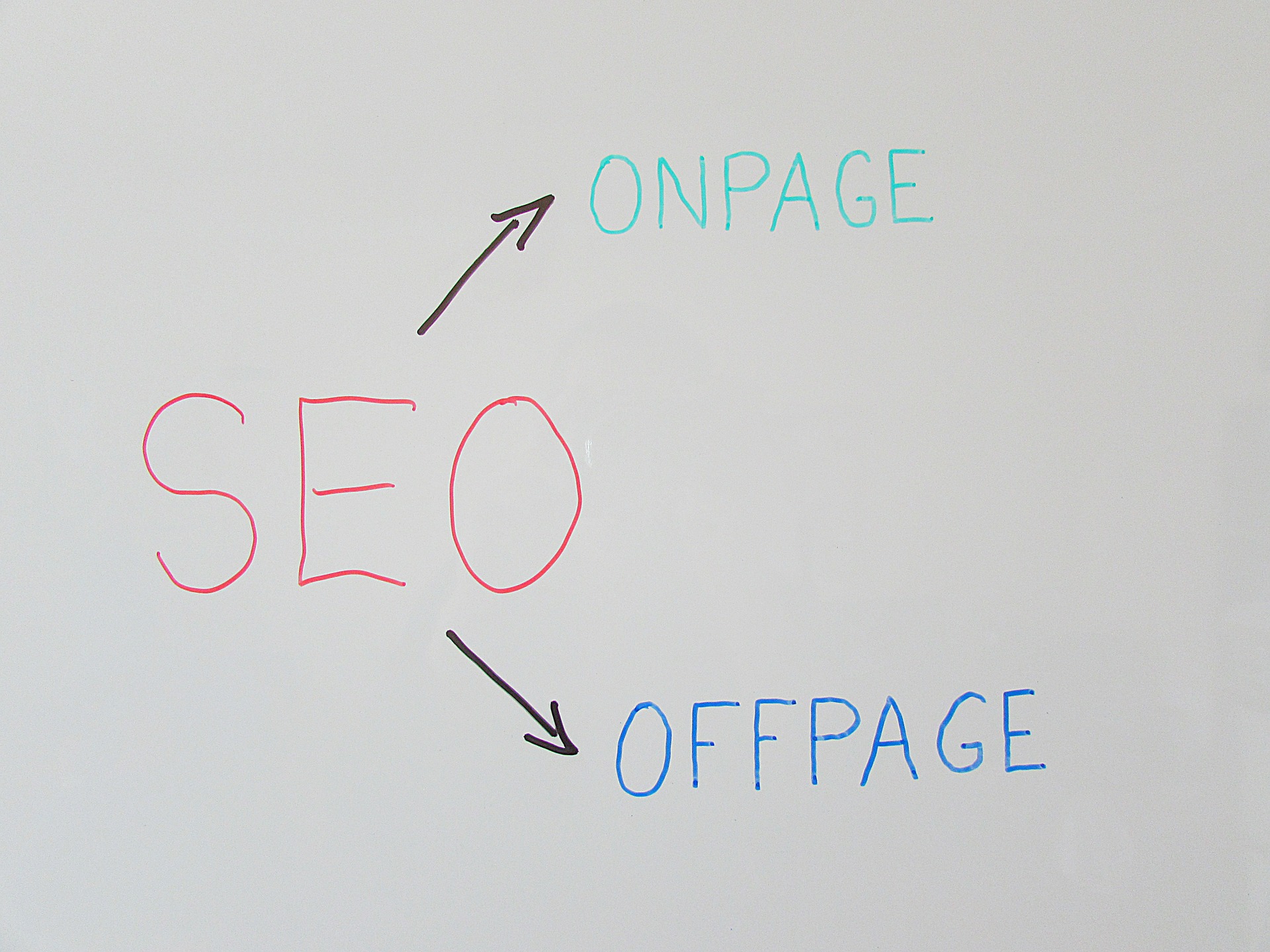When you begin implementing Search Engine Optimization on your website, knowing basic terminology and etiquette is good. No one wants their website to look the fool, so take heed of these words of SEO wisdom, and may the spiders be with you. When a website is optimized for the search engines, there are two basic factors that the spiders consider when indexing and determining your ranking: Off-Page SEO and On-Page SEO. They are very different types of SEO implementation and, therefore, require different strategies.
On-Page Search Engine Optimization is the first factor that you should focus on because it lays the foundation for any SEO in the future. On-Page SEO has a set of guidelines on how and where to place your site’s keywords on a page and throughout the site to maximize its potential ranking for that keyword. Some of the major areas to optimize keyword usage are the title of a web page (title tag), Meta tag description, anchor texts of links to internal pages of the site, anchor text of navigation links, and anchor text of footer links, and anchor text of in-context links.
Be careful not to keyword stuff because that will get you banned faster than Manny Ramirez from a Boston bar. The recommendation ratio of keyword usage to a total word count per page is 5 per cent. The spiders also dislike duplicate content, especially content that has been blatantly scraped or copied. This angers the spiders and can send your site to a remote island on the coast of Yemen for eternity. Unique, interesting content that is relevant to your company and/or product will please the spiders and boost your rankings every time you’re crawled.
Off-page SEO is attracting and building links to a company’s website, be it Local Citation, social bookmarking, directory listing, or any other backlink technique. In order to rank well in the search rankings for your keywords and phrases, the spiders will evaluate the quantity and quality of the links that point to your page. This includes bringing quality links from influential blogger outreach services to your services or homepage. The recent evolution of Off-Page SEO was the emergence of Social Media and its implementation into search engine marketing and optimization campaigns. Businesses and brands are now using social networking to leverage their brands to people’s personal profiles or tweets. Social media sites like Twitter and Facebook didn’t take long to adapt by developing metrics and analytics that give those quantitative-hungry suits something to smoke. They also are actively developing better and more trackable search ranking techniques in order to synergize more closely with Google.
If you execute excellent On-Page SEO, your site will be on very friendly terms with all the search engines and their hungry pet spiders. Once the foundation is set, Off-Page SEO will help gather an audience and send them to search engines or directly to your site. If your message is honest, your product or service is of quality, and you can deliver on a consistent basis, you will find that an SEO-friendly website can be the best investment your business can make for its future. If you don’t have the time, effort, or common sense for search engine optimization, it may be time to invest in a great SEO firm that does. We are a leading SEO company and very passionate about your online success. By the end of your contract, you will have at least as much additional business from your website as you spend on our services… or we’ll work for free until you do.
In conclusion, mastering on-page and off-page SEO techniques is crucial for achieving optimal search engine rankings and driving organic traffic to your website. In 2022, it’s essential to leverage effective strategies such as blogger outreach services, blog outreach, guest posting, content optimization, and link building. On-page SEO optimises your website’s content, meta tags, and internal linking structure. Off-page SEO involves building high-quality backlinks through guest posting and blogger outreach, establishing your website’s authority and credibility. By implementing a comprehensive SEO approach that combines these elements, you can enhance your online visibility, attract targeted audiences, and ultimately achieve sustainable success in the competitive digital landscape.
